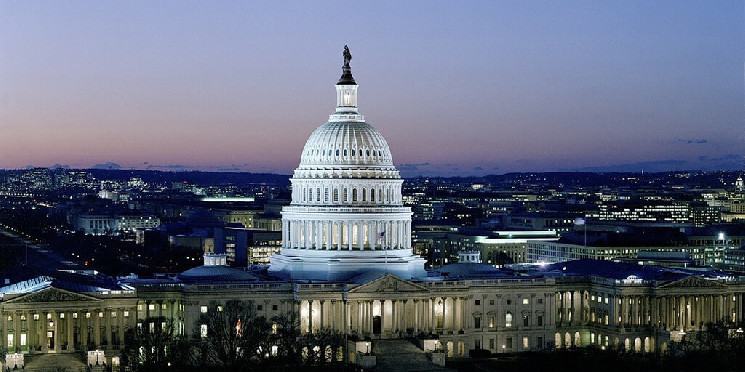The crypto lobby cheered when the House passed the Financial Innovation and Technology for the 21st Century Act, or FIT21, earlier this year—but that was then, and this is now.
Following Donald Trump’s sweeping victory, and a red wave across Congress that includes many pro-crypto lawmakers, the crypto lobby is poised to trash the bipartisan market structure bill in favor of legislation even more favorable towards the industry, sources told Decrypt.
FIT21 sought to create a federal framework for cryptocurrency regulation, and establish jurisdictional boundaries between the Commodity Futures Trading Commission and the Securities and Exchange Commission. In short, it would curtail the SEC’s authority over digital assets that meet certain criteria and rein in what the industry has described as the Commission’s “regulation by enforcement” approach. But it would also cede much of that authority to the CFTC instead.
As recently as last month, members of Republican congressional leadership indicated that they might try to attach key elements of FIT21 to an end-of-year spending bill to get some basic crypto-related laws over the finish line.
“That's not going to happen anymore,” one D.C. insider with knowledge of the matter, who requested anonymity to speak candidly, told Decrypt.
With Republicans now having seized control of the White House, the Senate, and—possibly—the House, the insider elaborated, there would be no reason to try to push a bill widely viewed as imperfect over the finish line, with the prospect of absolute power over crypto policy so tantalizingly close.
“FIT21 was the awful compromise that the industry negotiated when it was about to die,” the insider said.
When FIT21 was first passed by the House in May, some voices in the DeFi community criticized the bill for failing to include certain key protections. MetaLeX founder and attorney Gabriel Shapiro, for example, argued that FIT21, as written, might not protect stablecoins, DAO-related tokens, or liquidity pool (LP) tokens from securities-related litigation. He also said the bill would expose huge swaths of the DeFi ecosystem to potential litigation from the CFTC.
Now, many in crypto will likely want to start over from a position of strength.
“I think everyone's going to get very greedy,” the D.C. insider said.
Sheila Warren, the CEO of the Crypto Council for Innovation, an industry lobbying group, agreed that last night’s stunning election results have changed the calculus on what the crypto industry might be able to accomplish in terms of market-related legislation.
“The goal posts have definitely shifted,” Warren told Decrypt.
Warren added, though, that while FIT21 passing the House earlier this spring was important for several reasons—one being that it showcased substantial bipartisan support for digital assets regulation for the first time—it was always dubious whether the bill, as drafted, would actually become law.
“Nobody thought that bill was going to go through the Senate and get signed,” she said.
The fact that the crypto lobby looks poised to have more influence over its destiny than ever, however, may create new problems.
If crypto is handed the steering wheel, infighting among different industry factions—centralized exchanges, decentralized finance (DeFi) projects, Bitcoin startups, and stablecoin issuers, for example—could derail a massive opportunity to dictate the future of the American crypto economy, Warren explained.
“We weren't aligned even when we were under attack, and now we're not under attack,” Warren said. “There's a risk of becoming the dog that caught the car.”
 decrypt.co
decrypt.co
